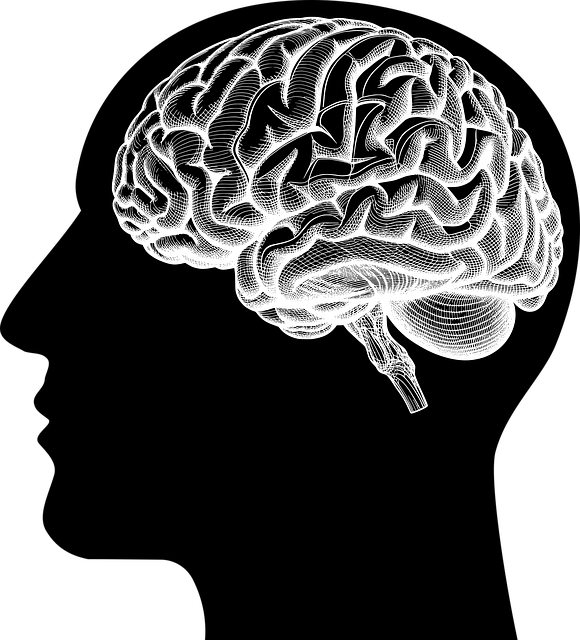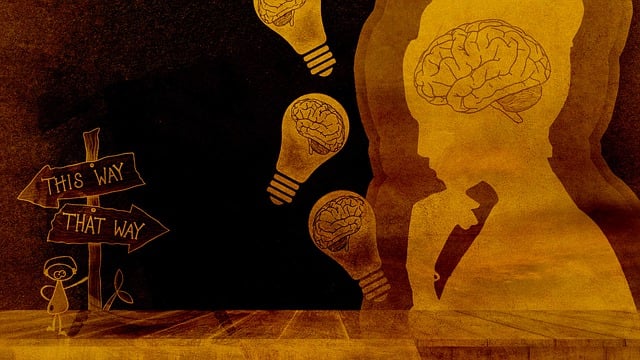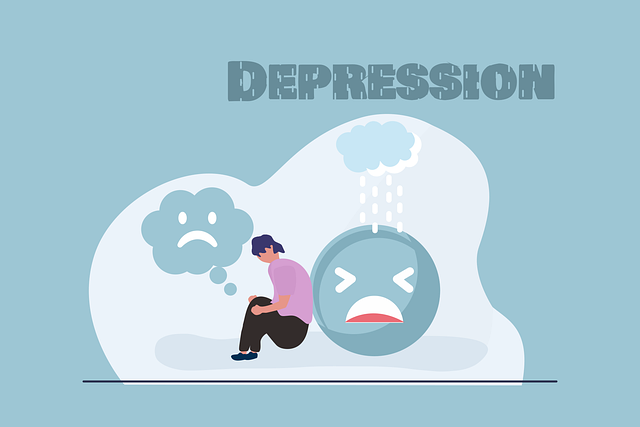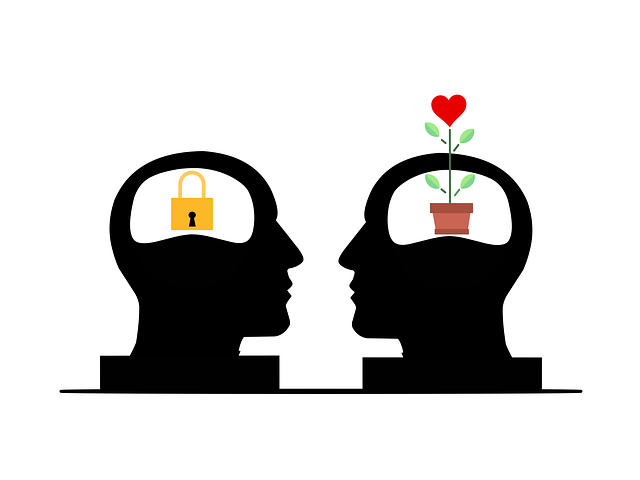Emotion regulation skills are crucial for young adults with Conduct Disorder (CD), a condition often rooted in emotional dysregulation, leading to impulsive behaviors and relationship issues. Tailored therapy models like Cognitive Behavioral Therapy (CBT) and mindfulness meditation focus on challenging negative thought patterns, promoting present-moment awareness, and encouraging positive decision-making. These strategies, implemented in supportive environments free from stigma, help young adults develop self-awareness, reduce stress, improve communication, and build resilience, ultimately enhancing their overall well-being and managing CD effectively.
Emotion regulation techniques are vital for young adults with conduct disorder (CD) to manage impulsive behaviors and improve overall well-being. This article explores the significance of teaching emotion regulation skills to this demographic, delving into common challenges and effective therapy approaches. We discuss practical strategies for incorporating these skills into daily life, focusing on evidence-based practices tailored to meet the unique needs of young adults with CD. By understanding and mastering emotion regulation, individuals can navigate their emotions healthily and foster positive relationships.
- Understanding Emotion Regulation and its Significance for Young Adults with Conduct Disorder
- Common Challenges in Teaching Emotion Regulation to This Demographic
- Effective Therapy Approaches for Teaching Emotion Regulation Techniques
- Practical Strategies for Incorporating Emotion Regulation Skills into Daily Life
Understanding Emotion Regulation and its Significance for Young Adults with Conduct Disorder

Emotion regulation is a crucial skill for young adults, especially those with conduct disorder. It involves understanding and managing one’s emotional responses in a healthy way, which can significantly impact their overall well-being. For individuals dealing with conduct issues, learning to regulate emotions is not just beneficial but essential. Conduct disorder is characterized by persistent and repetitive behaviors that violate the rights of others, often stemming from underlying emotional dysregulation.
Therapy for young adults with conduct disorder focuses on developing emotional healing processes through self-awareness exercises and mental wellness coaching programs. By teaching these individuals to recognize and control their emotions, therapy aims to reduce impulsive behaviors and promote positive decision-making. Self-awareness is a cornerstone of emotion regulation, enabling one to identify triggers and develop strategies to cope effectively, thereby fostering personal growth and improving relationships.
Common Challenges in Teaching Emotion Regulation to This Demographic

Teaching emotion regulation techniques to young adults with Conduct Disorder (CD) presents unique challenges. These individuals often struggle with impulsivity, aggression, and a limited capacity for emotional understanding, making it difficult for them to grasp and implement complex self-care practices designed to enhance emotional regulation. Traditional therapy approaches may not resonate with their developmental stage or the intensity of their experiences.
The challenge lies in translating abstract concepts like emotional awareness and coping strategies into actionable steps that are both engaging and relevant. Incorporating practical, evidence-based methods tailored to their needs can be transformative. For instance, focusing on mindfulness exercises that target present-moment awareness and stress reduction alongside cognitive-behavioral techniques for challenging negative thought patterns can offer a more accessible path towards depression prevention and improved emotional regulation.
Effective Therapy Approaches for Teaching Emotion Regulation Techniques

Teaching emotion regulation techniques is best approached through effective therapy models tailored to young adults with Conduct Disorder (CD). One proven approach is Cognitive Behavioral Therapy (CBT), which helps individuals identify and challenge negative thought patterns contributing to emotional dysregulation. By learning to replace these thoughts with more positive, balanced perspectives, CBT empowers young adults to manage their emotions constructively.
Additionally, therapies focused on inner strength development have shown significant benefits. Techniques such as mindfulness meditation aid in cultivating present-moment awareness, helping individuals disengage from impulsive reactions and respond mindfully to challenging situations. Mental illness stigma reduction efforts within therapy create a supportive environment, fostering open communication about emotional experiences and encouraging the adoption of healthy coping strategies.
Practical Strategies for Incorporating Emotion Regulation Skills into Daily Life

Incorporating emotion regulation skills into daily life is a practical step toward managing and understanding one’s emotions, especially for young adults with Conduct Disorder. These techniques are not only beneficial in therapy settings but also serve as powerful tools for personal growth outside of clinical environments. One effective strategy involves mindfulness practices, such as deep breathing exercises or meditation, which can help individuals recognize and accept their emotions without reacting impulsively. By cultivating present-moment awareness, they learn to detach from intense feelings, thereby fostering better emotional control.
Additionally, teaching young adults with Conduct Disorder effective communication strategies can significantly enhance their ability to regulate emotions. Open dialogue encourages expression of feelings and needs, promotes understanding between individuals, and facilitates the resolution of conflicts. This aspect is particularly crucial in risk assessment for mental health professionals, as it helps in de-escalating potentially volatile situations. Resilience building through emotional regulation skills empowers these young adults to navigate challenging circumstances with increased adaptability and composure, ultimately contributing to their overall well-being.
Emotion regulation techniques are a powerful tool for young adults with conduct disorder, offering them strategies to manage their emotions and make more positive choices. By understanding the significance of this skill and implementing effective therapy approaches, such as cognitive-behavioral therapy (CBT) and mindfulness practices, professionals can help this demographic navigate their emotional landscapes. Practical strategies for incorporating these skills into daily life are essential, ensuring that young adults with conduct disorder can successfully manage their emotions in various settings. Therapy for young adults with conduct disorder that focuses on emotion regulation has the potential to bring about meaningful change and improve overall well-being.














